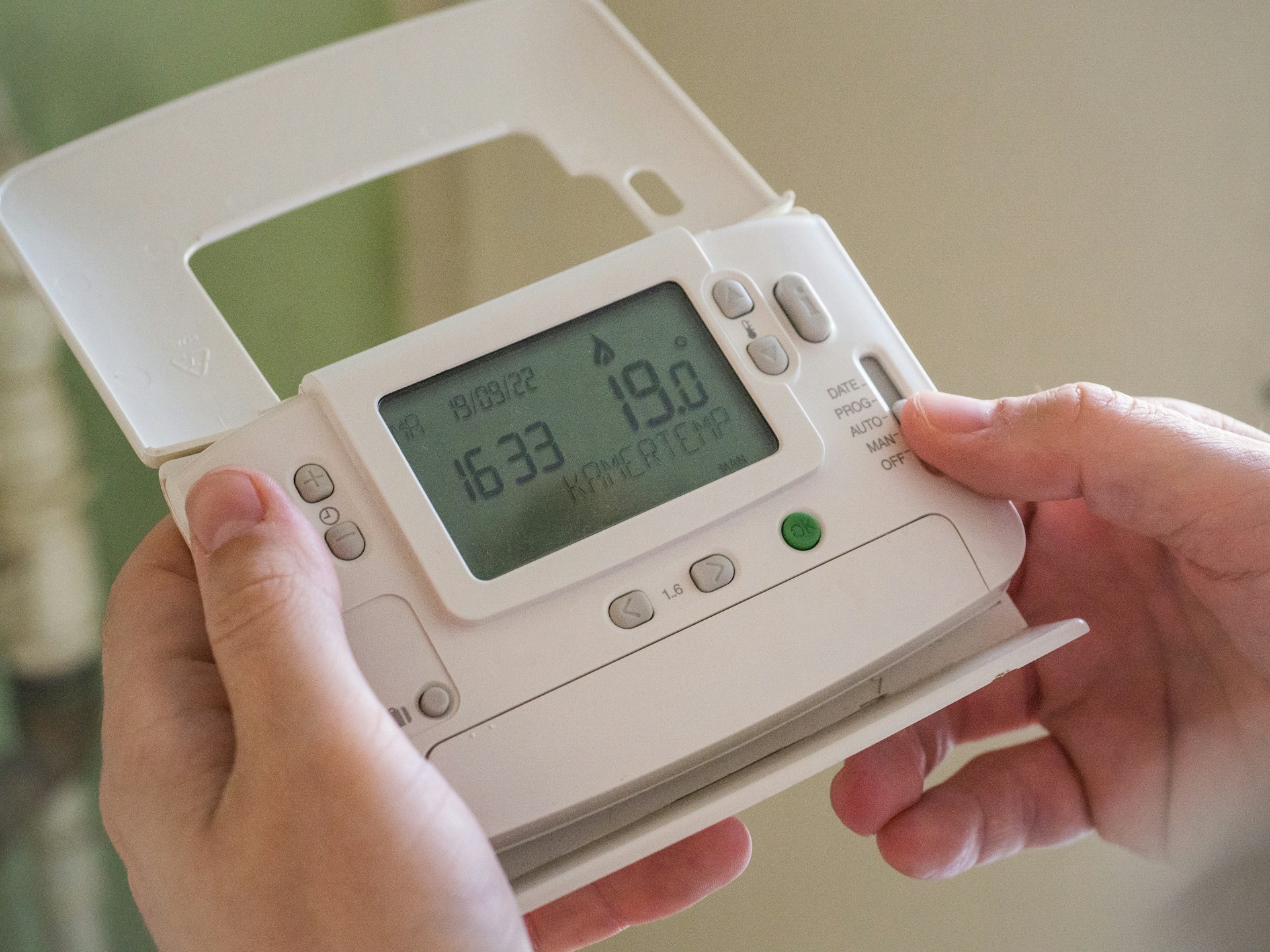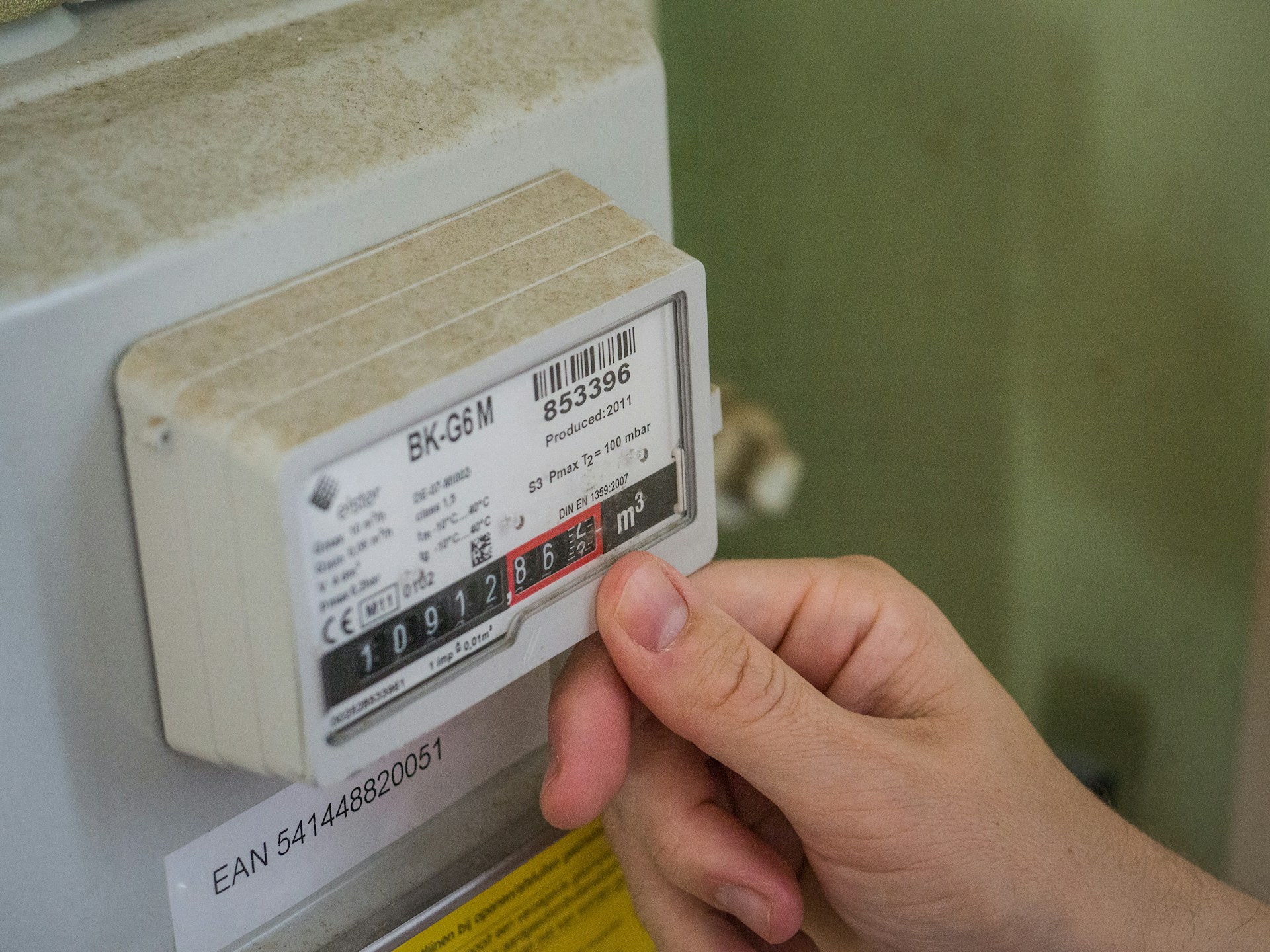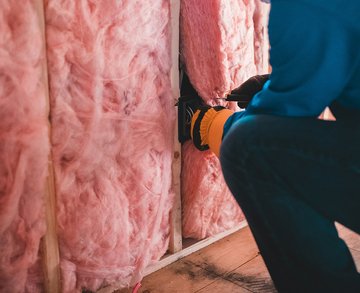Welcome to "Saving Money on Energy Bills: An Expert Guide" If you're looking for information on how to reduce your electric bills, gas bills, and overall energy costs, you've come to the right place. In this comprehensive guide, we will explore various techniques and strategies to help you save money on energy bills and become more energy efficient at home.
Understanding Energy Bills
Energy bills can often seem confusing and overwhelming, but understanding them is the first step towards finding ways to save money. By breaking down your energy bills, you can identify key factors that affect the cost of your bills, such as energy use, energy price, and standing charges. With this knowledge, you can make informed decisions about energy conservation and choose the most cost-effective options for your home.
Breaking Down Your Energy Bill
Breaking down your energy bills allows you to gain a better understanding of the different components that contribute to its cost. One of the most important factors is energy usage, which is usually measured in kilowatt-hours (kWh). By analysing your energy usage patterns, you can identify areas where you can make changes to reduce consumption.
Additionally, energy price plays a significant role in determining the cost of your bills. Energy suppliers set their prices, and they can vary depending on market conditions. Understanding the energy price cap, which limits how much suppliers can charge, can help you compare prices and choose the best energy tariff for your needs.
Identifying Key Factors Affecting Energy Bills
Several key factors can influence your energy bills. One of these factors is energy costs, which are influenced by a variety of factors, including the cost of generating electricity or gas and maintaining energy infrastructure. By keeping an eye on energy costs, you can anticipate fluctuations in your bills and plan accordingly.
Another important factor is the energy price cap, which sets the maximum price suppliers can charge for energy. This cap helps protect consumers from excessive price increases. By understanding how the energy price cap works, you can ensure that you are not being overcharged for your energy usage.
Wholesale prices also play a significant role in energy bills. These prices reflect the cost of energy on the open market and can impact the prices charged by larger suppliers. Keeping track of wholesale prices can help you make informed decisions about switching energy suppliers or tariffs to save money on your bills.
Techniques for Energy Conservation at Home
Now that we understand energy bills, let's explore some techniques for energy conservation at home. By implementing these techniques, you can save money on your energy bills, reduce your carbon footprint, and create a more energy-efficient living space.
Efficient Use of Lighting and Appliances
- Switch to energy-saving bulbs, such as LED or CFL, to reduce energy consumption and save money on lighting bills.
- Unplug devices when not in use, as many appliances still draw power even when turned off.
- Utilise smart meters, which help monitor and manage energy usage in real time, allowing you to make adjustments for energy efficiency.
- Invest in energy-efficient appliances, such as refrigerators, washing machines, and dishwashers, which can save energy and reduce bills.
- Use energy-saving practices during peak hours, such as avoiding running appliances like washing machines or dishwashers, to reduce energy costs.
Importance of Heating Controls
Proper use of heating controls can help save money on energy bills. By understanding how your heating system works and utilising effective controls, you can achieve better energy efficiency.
Programmable thermostats allow you to set specific temperature schedules, ensuring that your home is heated only when necessary. By setting lower temperatures during times when you are not at home or asleep, you can significantly reduce energy consumption.

Photo by Arthur Lambillotte on Unsplash
Regular maintenance of your heating system is also essential for energy efficiency. Zoning and timing of heating controls can help optimise energy usage, ensuring that different areas of your home are heated only when needed.
If you pay your energy bills through direct debit, it is advisable to review your payments regularly. Direct debit can help spread the cost of energy bills evenly throughout the year, but it's important to ensure that the payment amount accurately reflects your actual energy usage.
The Role of Insulation in Energy Conservation
Proper home insulation plays a crucial role in energy conservation. By keeping warm air inside during winter and preventing hot air from entering during summer, insulation helps reduce energy usage and maintain a comfortable living environment.
Good insulation helps minimise heat loss and keeps energy bills in check. By draught-proofing your home - sealing gaps around windows, doors, and any other areas where cold air can seep in - you can prevent energy wastage and save money on heating bills.
Roof insulation is also essential for energy conservation. A well-insulated roof can prevent heat from escaping, reducing the need for constant heating. Consider installing loft insulation or upgrading existing insulation to maximize energy efficiency.
By understanding the energy bills support scheme, you can also take advantage of financial assistance available for insulation upgrades. This support helps make home energy efficiency more affordable, reducing both energy costs and carbon footprint.
Exploring Renewable Energy Options
In addition to energy conservation, exploring renewable energy options is another way to save money on energy bills while reducing your environmental impact. Let's delve into two popular renewable energy options: solar panels and heat pumps.
An Introduction to Solar Panels
- Solar panels use sunlight to generate electricity, reducing your reliance on the grid and lowering your energy bills.
- Investing in solar panels can provide long-term energy cost savings, as they can produce electricity for 25 years or more.
- Get a quote from different suppliers and compare prices, making sure to consider both installation costs and potential long-term savings.
- Consult a professional installer to assess your home's suitability for solar panels and determine the optimal system size for your needs.
- Understand any regulations or permits required for solar panel installations, and check with your energy supplier about connecting the system to the grid.
Understanding the Benefits of Heat Pumps
Heat pumps are a highly energy-efficient alternative to traditional heating systems. They use electricity to extract heat from the air, ground, or water, providing space heating and cooling. Here are some benefits of heat pumps:
- Heat pumps can be up to four times more energy-efficient than conventional heating systems, resulting in significant energy savings and lower bills.
- They offer cost savings in the long run, as their energy efficiency can help offset the initial installation costs.
- Heat pumps provide both heating and cooling, eliminating the need for separate systems and reducing overall energy usage.
- Installing a heat pump can help lower your carbon footprint, as it produces fewer greenhouse gas emissions compared to fossil fuel-based heating systems.
- With the new Clean Heat Grant, replacing the Renewable Heat Incentive (RHI) scheme, there are additional financial incentives available for installing heat pumps, further reducing costs.
How to Make Your Home More Energy-Efficient
Now that we have explored renewable energy options, let's focus on making your home more energy-efficient. By implementing energy-saving measures, you can further reduce your energy bills and create a more sustainable living environment.
Implementing Draught Proofing
Draught proofing is an effective way to prevent cold air from entering your home and reduce energy wastage. By sealing gaps and cracks, you can keep warm air inside, lower your heating bills, and increase your overall energy efficiency. Here are some tips for implementing draught proofing:
- Install weather stripping around doors and windows to prevent cold air leaks.
- Seal gaps around electrical outlets, pipes, and vents with caulk or foam to eliminate draughts.
- Use draught excluders at the bottom of doors to prevent heat loss.
- Consider using thermal curtains or blinds, which can help insulate windows and reduce heat transfer.
Investing in Energy-Efficient Appliances

Image by pvproductions on Freepik
Investing in energy-efficient appliances is another great way to save money on energy bills. Energy-efficient models use less electricity, reducing both energy usage and costs. Here are some tips for choosing energy-efficient appliances:
- Look for appliances with the Energy Star label, which indicates high energy efficiency.
- Opt for energy-efficient dishwashers, washing machines, and refrigerators, which use less energy while delivering excellent performance.
- Replace incandescent light bulbs with energy-saving LED or CFL bulbs, which consume up to 80% less energy and last much longer.
- Consider upgrading to energy-efficient HVAC systems, which can provide better climate control while consuming less energy.
Financial Aid and Schemes for Energy Conservation
To support energy conservation efforts, there are various financial aid and schemes available to help reduce energy costs and improve energy efficiency.
Fuel Vouchers and How to Get Them
Financial support, in the form of fuel vouchers, is available to assist those with prepayment meters who are struggling with energy bill payments. Local councils and organisations often provide these vouchers, and you can access them through various channels. You'll receive the voucher as a code in a letter, text message or email and you can use it to add credit to your gas card or electricity key. If you don't have one of these, contact your supplier to get one. Your local council might be able to help you get a fuel voucher - find your local council on GOV.UK.
The Warm Home Discount Scheme Explained
The Warm Home Discount Scheme is a government initiative aimed at providing financial support to vulnerable households during winter. It offers a discount on energy bills, helping eligible individuals and families manage their energy costs effectively.
You will not receive the money directly. Instead, you will receive a one-time discount on your electricity bill from early October 2023 to 31 March 2024. If you qualify, you will typically receive the discount automatically. If you think you qualify, you should have been sent a letter by January 2024. If you haven't received a letter and believe you qualify, you need to reach out to the Warm Home Discount Scheme before 29 February 2024. If you are eligible and your supplier provides both gas and electricity, you might be able to receive a discount on your gas bill. Get in touch with your supplier for more information.
Understanding Winter Fuel Payments
Winter Fuel Payments are annual payments made to eligible pensioners to help with their energy costs during winter. These payments are not means-tested and provide much-needed support to older individuals living on a fixed income.
If you were born before September 25, 1957, you may be eligible to receive £250 to £600 to assist with your heating expenses. This includes a 'Pensioner Cost of Living Payment' ranging from £150 to £300. In the winter of 2023 to 2024, you will receive this additional amount, as well as any other 'Cost of Living Payments' you receive through your benefits or tax credits.
If you have not received a letter regarding Winter Fuel Payments and you think you’re eligible, check if you need to make a claim.
Support and Advice for Energy Conservation
In addition to financial aid, there are also support services and advice available to help individuals and families with energy conservation. These services can provide information, guidance, and support on various aspects of energy efficiency.
Energy Adviser: Who They Are and How They Can Help
Energy advisers are experts in assisting consumers with their energy bills, energy efficiency, and cost-saving measures. They collaborate with energy companies, government agencies, and organisations to provide customised advice and assistance that helps customers better understand and manage their energy usage.
Energy advisers can help you assess your home's energy consumption by conducting an audit of your property that identifies any areas where energy is being wasted. They can also provide recommendations on reducing your energy usage by making simple changes to your daily routine or by installing more efficient appliances. Additionally, they can help you find ways to save money on your energy bills by providing information on available rebates and incentives for upgrading to more efficient systems.
Overall, working with an energy adviser can be a valuable investment in reducing your environmental impact while saving money on utility costs.
Have You Overpaid for Your Energy?
Energy bills often contain errors, leading to overpayment. In case you suspect that you have overpaid for your energy, there are steps you can take to correct the situation. If you believe you have overpaid, here is what you can do:
- Firstly, carefully go through your bills and check for any mistakes or inconsistencies in the readings or calculations. If you find an error, contact your energy provider immediately and inform them of the mistake. They will likely ask for evidence of the discrepancy and may ask to investigate it further.
- If your energy company acknowledges the mistake, they will issue a refund or credit to your account. It's important to keep track of all communication with your energy provider and record any refund or credit issued.
- If the issue is not resolved and you continue to be overcharged, you can file a complaint with the Energy Ombudsman, an independent organisation that helps resolve disputes between customers and energy suppliers.

In summary, checking your energy bills for errors regularly is crucial as it could help prevent unnecessary overpayment. If you do find an error, don't hesitate to contact your supplier and follow up until the issue is resolved.
Conclusion
In conclusion, saving money on energy bills is not only beneficial for your wallet but also for the environment. By understanding your energy bills, identifying key factors that affect them, and implementing techniques for energy conservation at home, you can significantly reduce your energy consumption and expenses.
Exploring renewable energy options and making your home more energy efficient are also effective ways to save money in the long run. Additionally, there are financial aid and schemes available to support your energy conservation efforts. If you need further assistance or advice, consider reaching out to an energy adviser or applying for local energy grants. Don't wait any longer, start taking steps towards a more energy-efficient and cost-effective future today.





